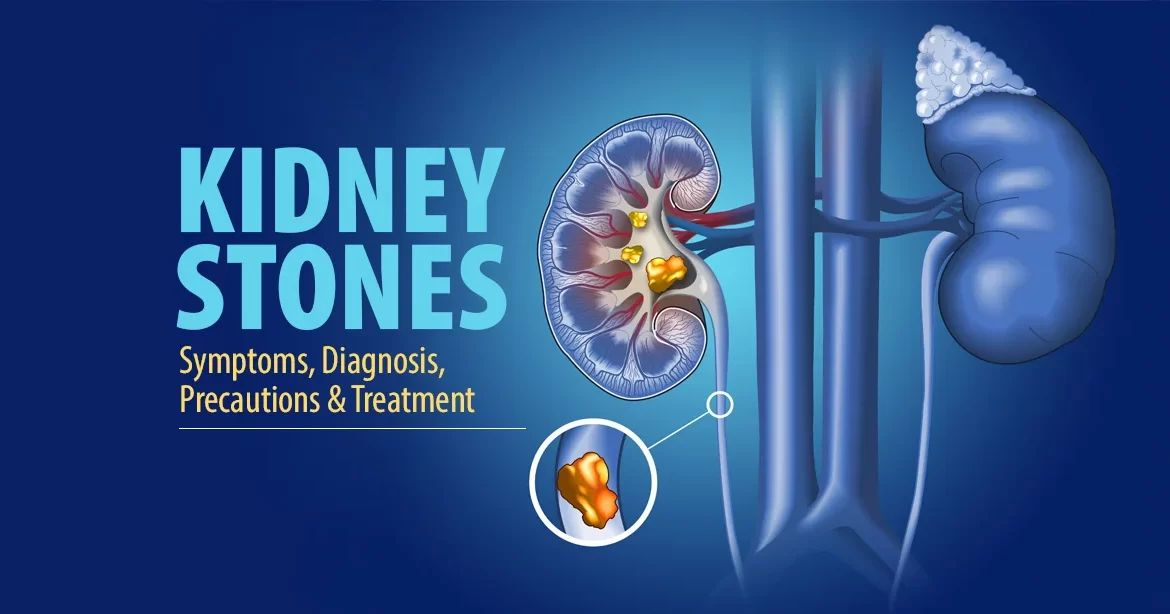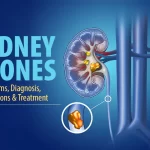The treatment options for kidney stones vary depending on the size, type, and location of the stones, as well as the severity of symptoms. Here are the primary treatment options:
- Hydration and Pain Management:
- Increased Fluid Intake: Drinking plenty of water helps flush out small stones through the urinary tract.
- Pain Relievers: Over-the-counter pain medications like ibuprofen, acetaminophen, or naproxen can help manage pain while the stone passes.
- Medications:
- Alpha Blockers: These medications relax the muscles in the ureter, helping to pass stones more easily and with less pain.
- Specific Medications for Certain Stone Types: Depending on the type of stone, doctors may prescribe medications to prevent future stones, such as thiazide diuretics for calcium stones or allopurinol for uric acid stones.
- Extracorporeal Shock Wave Lithotripsy (ESWL):
- This non-invasive procedure uses shock waves to break kidney stones into smaller fragments that can be passed through the urine. It’s typically used for stones that are not too large.
- Ureteroscopy:
- A ureteroscope, a thin tube with a camera, is inserted through the urethra and bladder into the ureter to locate the stone. Once found, the stone can be removed with a small basket or broken up with a laser.
- Percutaneous Nephrolithotomy (PCNL):
- For larger or more complex stones, a small incision is made in the back, and a nephroscope is inserted directly into the kidney to remove the stone. This procedure is more invasive than ESWL and ureteroscopy but less so than traditional surgery.
- Parathyroid Surgery:
- If kidney stones are caused by overactive parathyroid glands (hyperparathyroidism), surgical removal of the affected gland may be necessary.
- Dietary and Lifestyle Changes:
- Making dietary changes can help prevent the formation of new stones. Recommendations may include reducing salt and protein intake, increasing citrus intake, and avoiding foods high in oxalates.
- Staying hydrated is crucial for preventing future stones.
- Home Remedies:
- Drinking natural citrus juices like lemonade can help prevent the formation of stones due to their citrate content.
- Herbal remedies and certain supplements may be recommended by healthcare providers, but these should be used with caution and professional guidance.
Consulting with a healthcare professional is essential to determine the most appropriate treatment based on individual circumstances, including the type and size of the stone, the patient’s overall health, and the severity of symptoms.

















